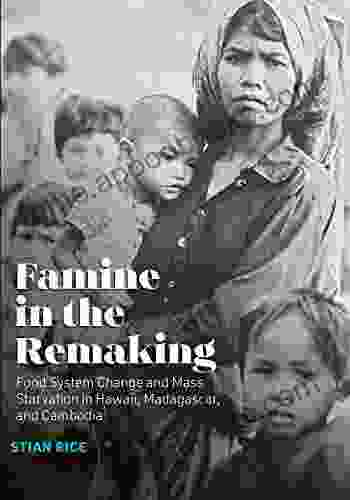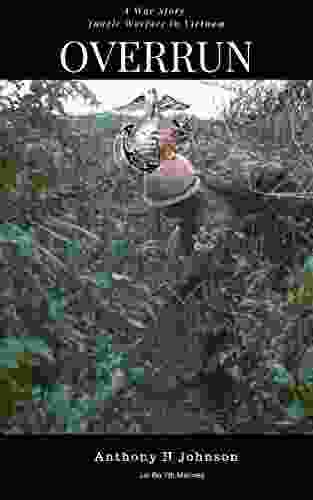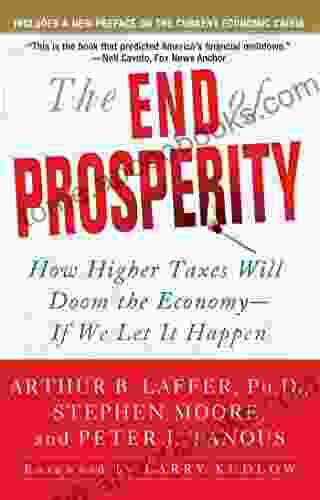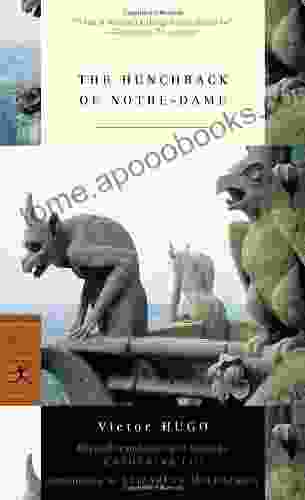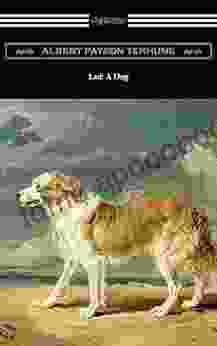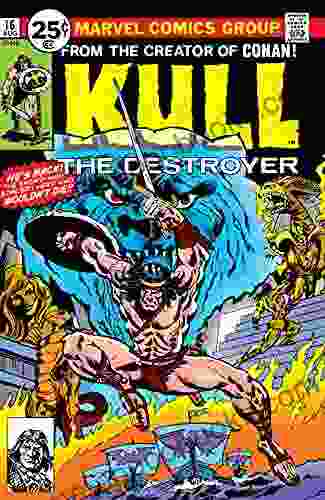Challenging the Conventional Wisdom on Famine
Famine is one of the most devastating humanitarian emergencies, claiming the lives of millions of people each year. Yet, despite the widespread suffering it causes, famine is often seen as a natural disaster beyond human control. This conventional wisdom has led to a focus on providing emergency aid to alleviate the suffering of famine victims, rather than addressing the root causes of the crisis.
5 out of 5
| Language | : | English |
| File size | : | 2239 KB |
| Text-to-Speech | : | Enabled |
| Screen Reader | : | Supported |
| Enhanced typesetting | : | Enabled |
| Word Wise | : | Enabled |
| Print length | : | 263 pages |
In his groundbreaking book, Famine in the Remaking, Alex de Waal challenges this conventional wisdom. Drawing on extensive research in Ethiopia and other famine-affected regions, de Waal argues that famine is not simply a natural disaster but a man-made crisis that can be prevented and eradicated.
The Political Causes of Famine
De Waal argues that famine is often caused by political and economic factors, such as war, displacement, and poverty. In Ethiopia, for example, the 1984-85 famine was caused by a combination of drought and government policies that disrupted the food market and made it difficult for people to access food.
De Waal also criticizes the international aid system for its failure to address the political causes of famine. He argues that aid agencies often focus on providing emergency food relief, which does little to address the underlying causes of the crisis. In some cases, aid can even make the situation worse by creating dependency and undermining local markets.
A New Approach to Famine
De Waal calls for a new approach to famine that focuses on preventing and eradicating the crisis. He argues that this requires addressing the political and economic causes of famine, such as war, displacement, and poverty. He also calls for a more coordinated and effective international aid system that is focused on long-term development rather than short-term emergency relief.
Famine in the Remaking is a powerful and provocative book that challenges the conventional wisdom on famine. De Waal's research provides a new understanding of the causes of famine and offers a blueprint for a new approach to preventing and eradicating this devastating crisis.
Reviews
"Famine in the Remaking is a must-read for anyone interested in understanding the causes and consequences of famine. De Waal's research is groundbreaking and his analysis is incisive. This book is a major contribution to the literature on famine and will undoubtedly have a major impact on policy and practice." - Professor Amartya Sen, Nobel Laureate in Economics
"Famine in the Remaking is a brilliant and important book. De Waal's research is meticulous and his analysis is devastating. This book is a must-read for anyone who wants to understand the true causes of famine and how to prevent it." - Professor Michael Watts, author of Silent Violence: Famine, Peasants, and the State in Northern Nigeria



